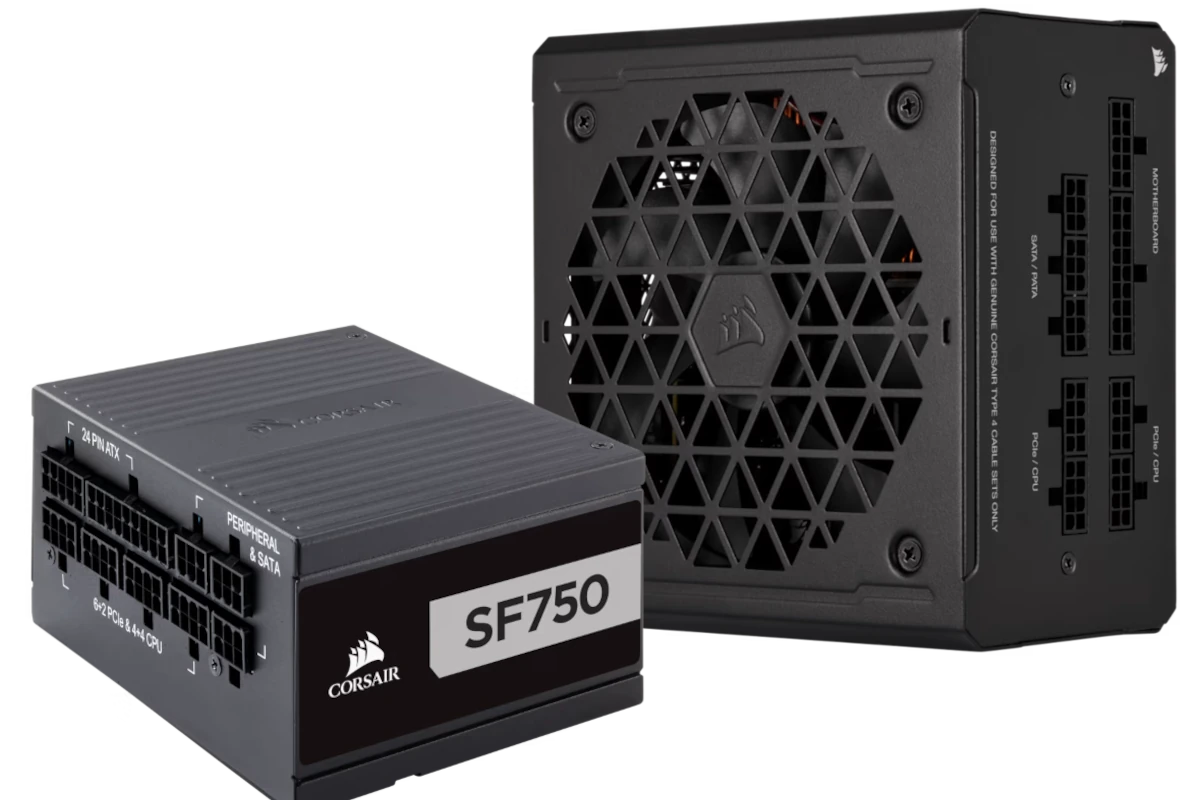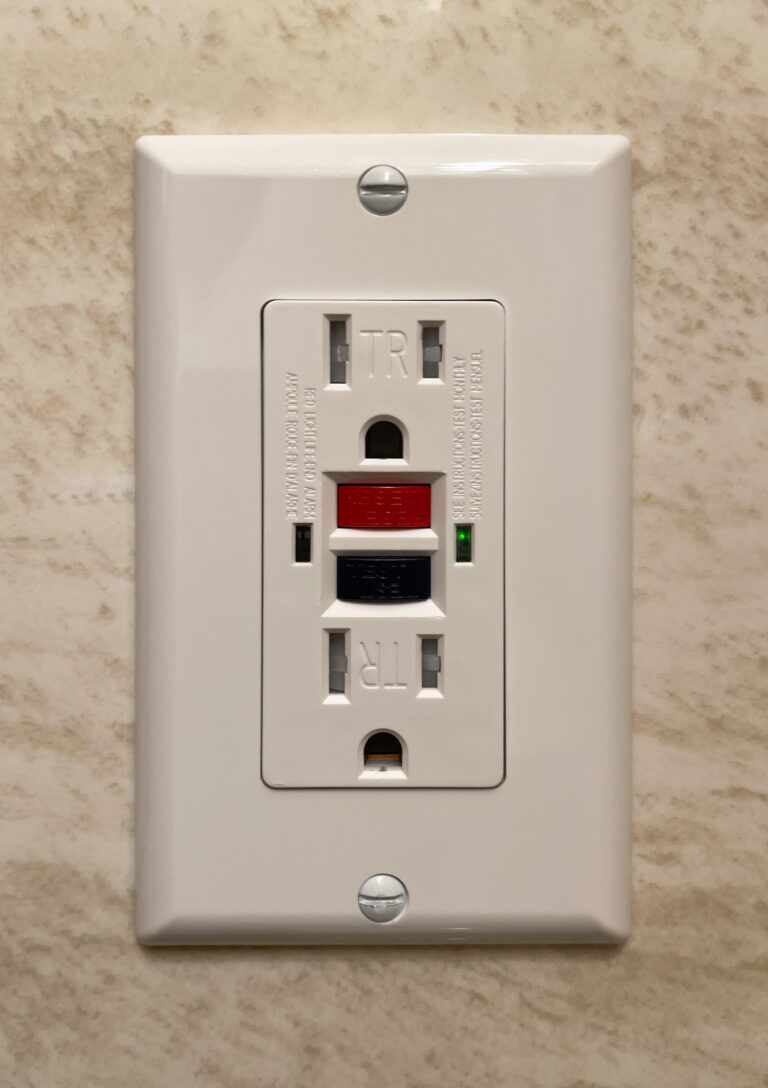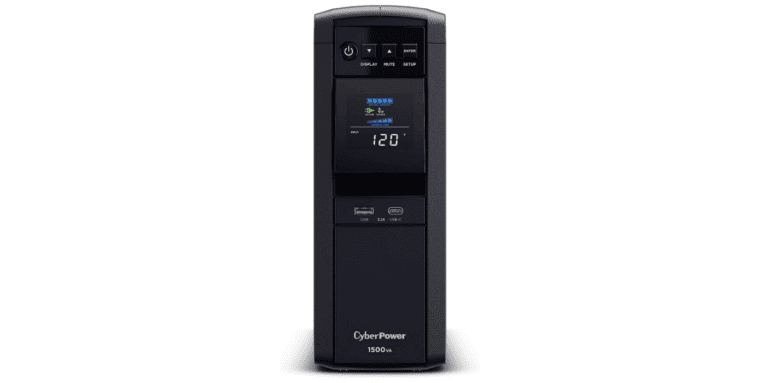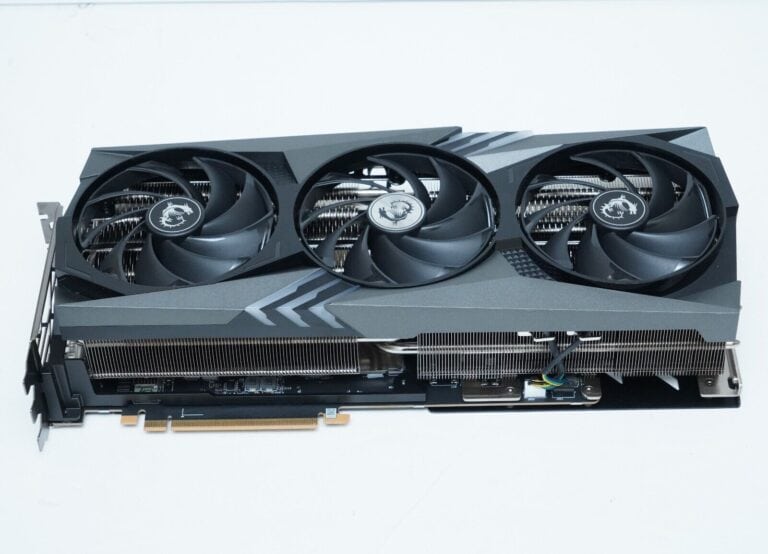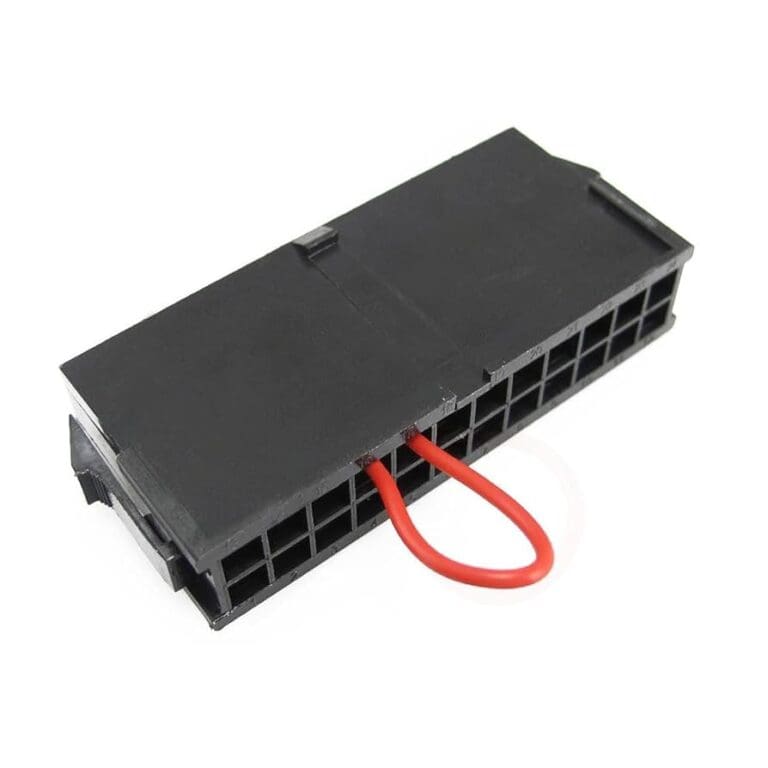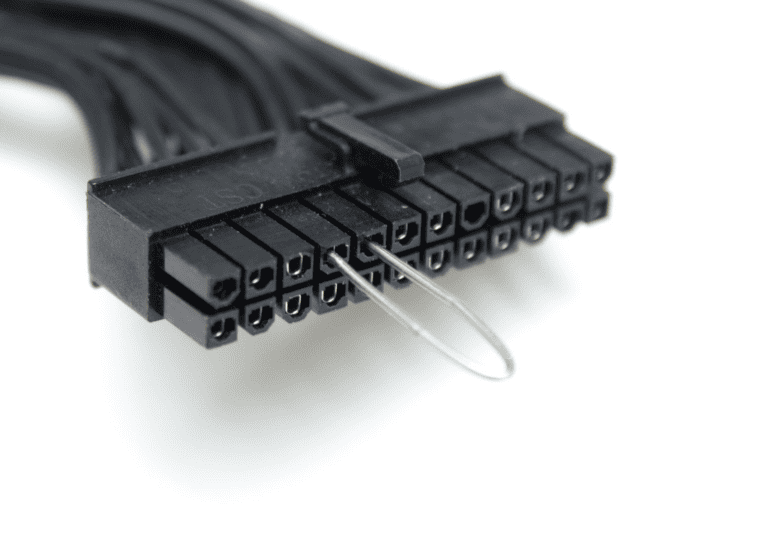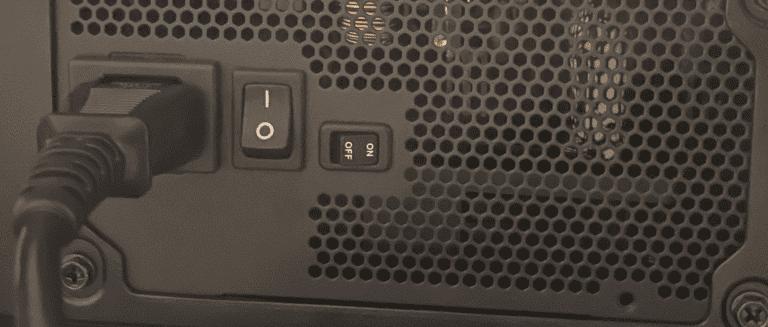A power supply is a vital part of any electrical system. It acts as a bridge between the electric current source and the devices that use it. Its main job is to change the raw electricity from an outlet or battery into a form that electrical devices can use. This often involves adjusting the voltage and current to match the devices’ needs. In computers, the power supply not only changes household alternating current (AC) into direct current (DC) but also makes sure that the computer parts get a stable and reliable power supply.
This protects them from fluctuations and power surges. Inside electronic devices, the power supply works quietly but has a big impact on overall performance and how long the device lasts. In addition to changing energy, it also has to manage the quality of the output to protect sensitive parts from damage caused by unstable power. Technical parts like transformers, rectifiers, and voltage regulators work together within the circuitry to do this. A well-built power supply can mean the difference between a stable system and one that has interruptions and hardware problems.
What Is a Power Supply?
A power supply is an essential electronic device or component that provides electrical energy to other devices or circuits. Its primary role is to convert electrical power from a source into the correct voltage, current, and frequency needed by the device it powers.
Key Functions of a Power Supply
- Voltage Conversion
Converts electrical power from one voltage level to another (e.g., from high-voltage AC mains to low-voltage DC). - Current Regulation
Provides a stable current flow to prevent damage to electronic components. - AC to DC Conversion
Most electronic devices require direct current (DC), so power supplies often convert alternating current (AC) from the mains into DC. - Protection
Many power supplies include safety features to prevent over-voltage, over-current, and short circuits, protecting both the power supply and connected devices.
Types of Power Supplies
- Linear Power Supplies
Use transformers and linear regulators to provide stable DC output. They are simple but less efficient and bulkier. - Switching Power Supplies (SMPS)
Use high-frequency switching and electronic circuits to efficiently convert power. They are compact and widely used in modern electronics. - Uninterruptible Power Supplies (UPS)
Provide backup power during outages to keep devices running temporarily. - Battery Power Supplies
Portable power sources that store electrical energy chemically.
How Does a Power Supply Work?
- Input Stage:
Receives raw electrical power (usually AC from mains). - Transformation:
Steps voltage up or down using transformers (in linear supplies) or electronic switching (in SMPS). - Rectification:
Converts AC to DC using diodes. - Filtering:
Smooths out voltage fluctuations with capacitors and inductors. - Regulation:
Maintains constant output voltage despite changes in load or input voltage.
Why Are Power Supplies Important?
- They ensure electronic devices receive the correct and stable power to function properly.
- Prevent damage caused by unstable or incorrect voltage/current.
- Enable portability and flexibility by converting power from various sources.
Summary
A power supply is a crucial component that converts and regulates electrical power to make it usable and safe for electronic devices. Whether in your computer, phone charger, or household appliances, power supplies keep electronics running efficiently and reliably.
For a more in-depth look, you can explore resources like Learn About Electronics – Power Supply Basics or How Does a Power Supply Work?.
How Power Supplies Work
A power supply is a device that gives power to other devices. It takes in electrical current from a source and changes it to the right type for the device it’s powering. Many of the electronic devices you use every day rely on power supplies.
Types of Power Supplies
There are a few different types of power supplies. Some are made to work with AC power, which is the kind that comes out of your wall outlets. Others are made for DC power, which is the kind that batteries use.
- AC to DC Power Supplies: These are the most common type of power supply. They change AC power to DC power, which is what most electronic devices need.
- DC to DC Power Supplies: These power supplies change one type of DC power to another. They’re often used in cars or other places where you have a DC power source but need a different voltage or current.
- Uninterruptible Power Supplies (UPS): A UPS is a special type of power supply that has a battery backup. If the power goes out, the UPS can keep your devices running for a short time.
Parts of a Power Supply
Power supplies have several key parts:
- Transformer: This changes the voltage of the incoming power.
- Rectifier: This changes AC power to DC power.
- Filter: This smooths out the DC power, making it more stable.
- Regulator: This helps keep the output voltage consistent, even if the input voltage changes.
Choosing a Power Supply
When choosing a power supply, you need to consider a few things:
- Voltage: This is how much electrical force is behind the current. Make sure the power supply’s output voltage matches what your device needs.
- Current: This is how much electrical flow there is. The power supply needs to be able to provide enough current for your device.
- Power: This is how much energy the power supply can deliver. It’s measured in watts (W).
Power Supply Table
| Feature | Description |
|---|---|
| Voltage | The electrical force behind the current |
| Current | The amount of electrical flow |
| Power | The amount of energy the power supply can deliver (measured in watts) |
Power supplies are essential components of many electronic devices. Understanding how they work and what to consider when choosing one can help you make sure your devices have the power they need to function properly.
Key Takeaways
- A power supply converts and regulates power for electronic devices.
- It is vital for ensuring steady performance and safeguarding components.
- Features such as voltage regulation and surge protection are integral to its operation.
Fundamentals of Power Supplies
Power supply units are essential in converting and regulating energy for electronic devices. Their role is pivotal in ensuring the proper function and longevity of hardware.
Concept and Importance
The concept of power supplies revolves around their critical role in electronic systems. They are the backbone of any hardware device, converting alternating current (AC) to direct current (DC), and providing the right specification of voltage and current needed for operation. The importance of power supplies lies in their ability to deliver consistent, regulated power to prevent damage and ensure efficiency.
Types and Classification
Power supplies can be broadly classified into several types:
- AC-to-DC Power Supplies: Convert AC voltage to DC.
- DC-to-DC Power Supplies: Convert DC voltage from one level to another.
- Uninterruptible Power Supplies (UPS): Provide power without interruption by using batteries or a flywheel when the main supply is unavailable.
- Linear Power Supplies: Provide a stable DC voltage and current using a simple design with a transformer, rectifier, and filter.
- Switching Power Supplies: More efficient and lighter than linear power supplies, they work by rapidly switching the input power on and off.
- Regulated Power Supplies: Include a voltage regulator to maintain a constant output voltage.
- Unregulated Power Supplies: Output voltage varies with the load and input voltage.
- Programmable Power Supplies: Allow users to set the output characteristics according to the device’s requirements.
These classifications help in selecting the right power supply for specific applications.
Working Principles
The operation of power supplies involves a multi-step process:
- Transformation: It starts with a transformer altering the incoming AC voltage to a suitable level.
- Rectification: A rectifier then converts AC to pulsed DC.
- Filtering: Following rectification, a filter smooths out the pulsations.
- Regulation: Finally, a voltage regulator adjusts the output to provide a constant DC supply.
These principles ensure that the power supply unit (PSU) reliably serves its purpose within computers and other electronic devices, highlighting the unit’s operation and specifications with direct current delivery and overall system protection.

